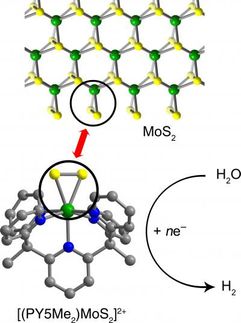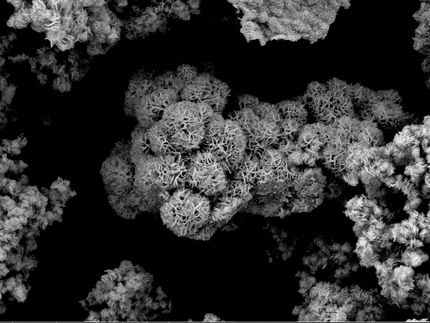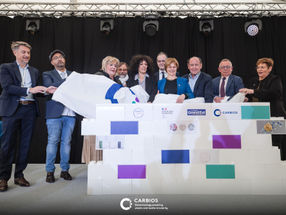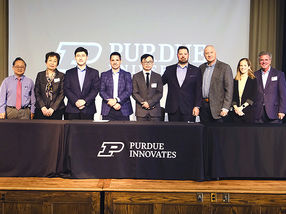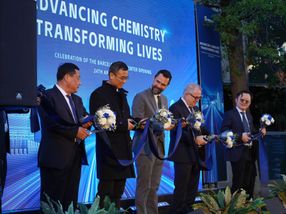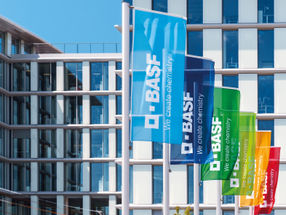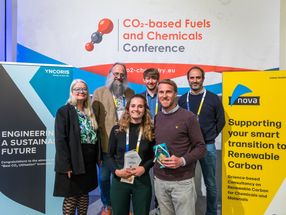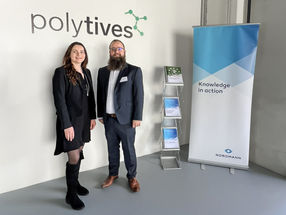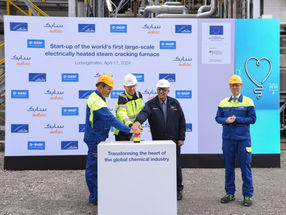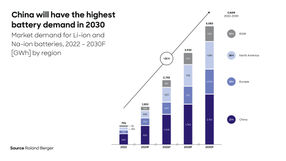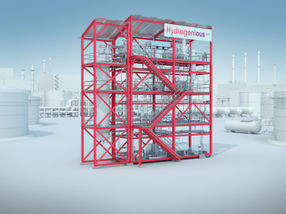Scientists Need to Focus on Developing More Resilient and Efficient Advanced Catalysts
There is an acute need for technological improvements in the advanced catalysts industry as robust and long-lasting catalysts are the need of the hour. By preventing catalyst deactivation, the new breed of catalysts can improve process efficiency and thereby, run rigs at higher capacities and under harsher environments.
A spate of new technologies notwithstanding, advanced catalyst markets have to dedicate a lot of resources to research and development (R&D) to come up with mature, highly efficient, yet cost-effective technologies. Although intense industry competitive is driving down prices, catalysts are still very expensive.
Some catalyst producers are lowering the amount of precious metals in their products to reduce prices while some others are collaborating with companies with innovative technologies to meet market demand for sophisticated catalysts.
However, not all collaborations are mutually beneficial to the involved parties. This is because the bigger companies demand exclusive rights for products and innovations developed in partnership, leaving the small participants feeling short changed.
"Debates between customers and the suppliers on the intellectual property rights pose a big hurdle for the development of catalyst technology," says Frost & Sullivan Research Analyst Amit Jain.
In their scientific literature and patents, catalyst producers and users would do well to provide data about the technologies that do not work than restrict the information to successful technologies. This will help to clear disputes and misunderstanding among both enterprises and end users.
While companies deal with intellectual property issues, governments are doing their bit to prime the market for advanced catalysts by mandating low levels of sulfur in diesel and gasoline. Since many countries are taking steps to reduce sulfur levels, refineries have started using 'drop in' catalysts to meet the environmental norms.
Some prominent regulatory acts such as the U.S. Clear Air Act are forcing refineries to drastically decrease their gaseous and particulate emissions. Refineries have started implementing technologies such as selective catalytic reduction (SCR) to comply with such legislations.
"As environmental laws are becoming more stringent, catalytic burners could be increasingly adopted to reduce process emissions in line with changing legislation," notes Jain. "Automotive companies will be forced to introduce better catalytic converters."
If you are interested in an analysis which provides manufacturers, end users, and other industry participants with an overview, summary, challenges, and latest coverage of Advanced Catalysts - then send an e-mail to Magdalena Oberland, European Corporate Communications, using the 'Contact' button below.
Most read news
Topics
Organizations
Other news from the department business & finance

Get the chemical industry in your inbox
From now on, don't miss a thing: Our newsletter for the chemical industry, analytics, lab technology and process engineering brings you up to date every Tuesday and Thursday. The latest industry news, product highlights and innovations - compact and easy to understand in your inbox. Researched by us so you don't have to.
